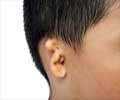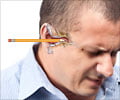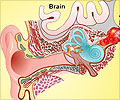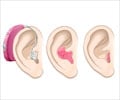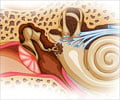New Ears, the 3D-printed living ears to treat microtia, wins India Australia Business and Community Alliance Awards (IABCA) in Canberra.
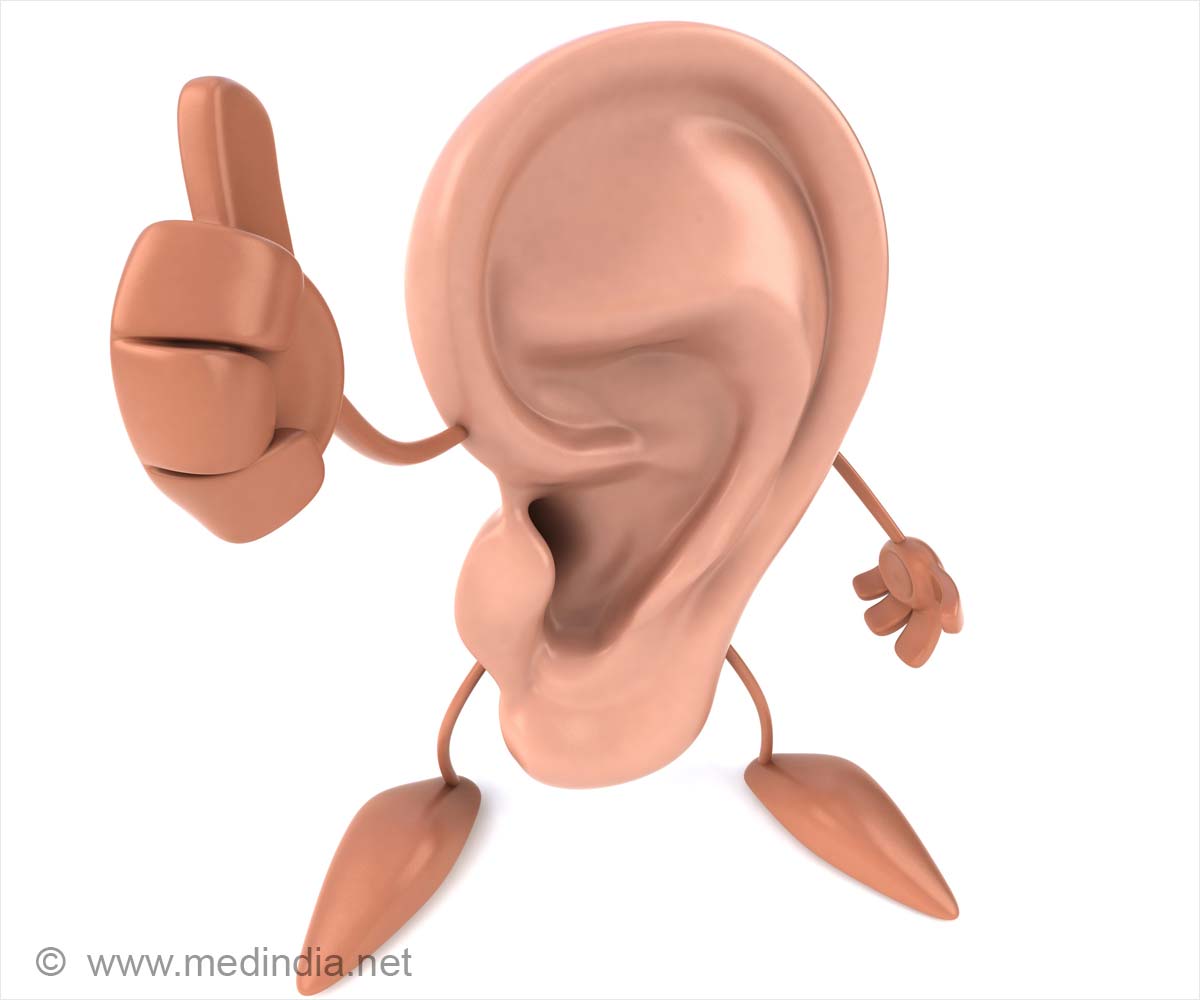
- Pioneering collaboration between Australia and India to treat microtia
- 3D-printed living ears offer hope for patients with congenital ear deformities
- The project is recognized with a prestigious Australia India Science, Research, and Development prize
New Ears project wins Australia India Science, Research and Development prize
Go to source). The initiative led by Distinguished Professor Gordon Wallace from the University of Wollongong and Associate Professor Payal Mukherjee, an esteemed ear, nose, and throat surgeon, has earned significant recognition at the 2024 India Australia Business and Community Alliance Awards (IABCA) in Canberra. The duo was honored with the prestigious Australia India Science, Research, and Development prize for their collaborative project, "New Ears."
Microtia affects 1 in 8,000 children, but 3D printing technology is set to revolutionize ear reconstruction! #medindia #medicalinnovation’
"New Ears" Project: A Revolutionary Approach to Microtia
The "New Ears" project is focused on the creation of 3D-printed living ears designed to treat patients suffering from microtia, a congenital condition characterized by an underdeveloped external ear. This pioneering work is a joint effort involving several key partners, including the RPA Institute of Academic Surgery (IAS), the Chris O’Brien Lifehouse, and the Andhra Pradesh Medtech Zone (AMTZ).The award presented to Professor Wallace and Associate Professor Mukherjee underscores their exceptional contributions to the fields of science, technology, and research. Reflecting on the achievement, Professor Wallace remarked, "This award acknowledges an incredible team of researchers from both Australia and India who have united to address a global medical challenge. We are still on the journey, but together, we will see this project through from discovery to deployment."
Collaborative Success of New Ears at the IABCA Awards
The 2024 IABCA Awards Ceremony Gala took place at the Parliament of Australia, attended by prominent figures such as Prime Minister Anthony Albanese MP, Minister for Trade and Tourism Senator Don Farrell, and the High Commissioner of India to Australia, His Excellency Gopal Baglay. The global finalists for the awards were selected from an impressive pool of 400 nominees representing diverse sectors.Associate Professor Mukherjee expressed her gratitude, stating, "It was an honor to be surrounded by so many leaders across various fields who have made significant contributions to the relationship between our two countries. We are thankful to DFAT for supporting the beginning of our collaborative journey with India, and we hope this partnership will continue to foster further exchanges and fellowships between our nations."
New Frontier in Medical Technology Translation
In addition to their work on the "New Ears" project, Professor Wallace and Associate Professor Mukherjee have co-founded Beyond Science, a clinician-led and operated training program. This program is the first of its kind in Australia, designed to progressively develop a comprehensive medical technology translation program specifically for Otolaryngology, Head, and Neck Surgery.The Beyond Science initiative facilitates connections between emerging scientists, engineers, and clinicians, helping to accelerate the transition of research discoveries into practical clinical applications. The program aims to bridge the gap between scientific innovation and clinical practice, ultimately improving patient care.
Reference:
- New Ears project wins Australia India Science, Research and Development prize - (https://www.uow.edu.au/media/2024/new-ears-project-wins-australia-india-science-research-and-development-prize.php)

